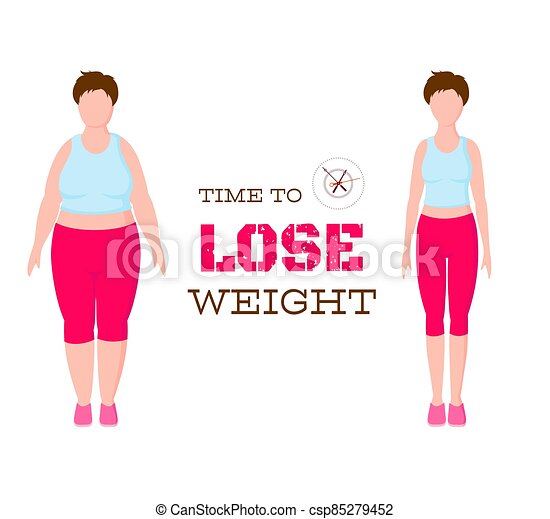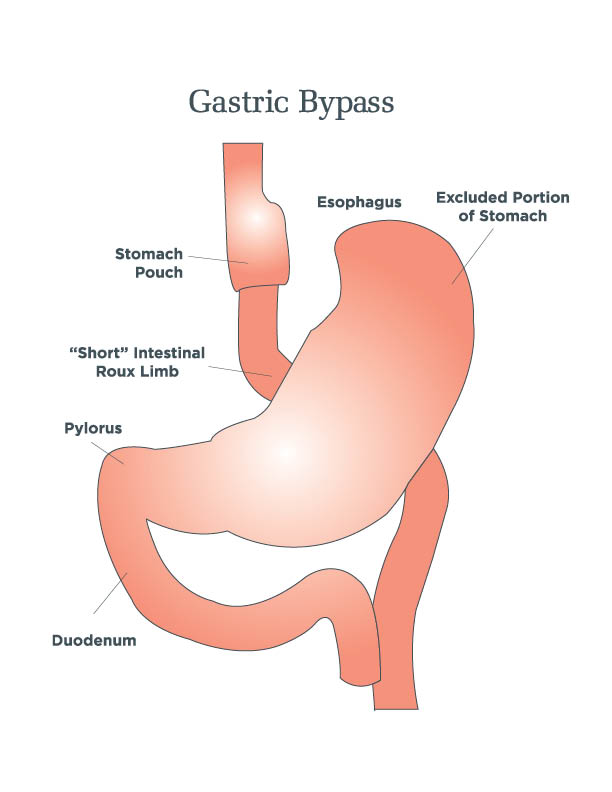
With the healthier weight app you can have live consultations from weight loss specialists, access tailored nutrition meal plans, and even enroll in online fitness classes. Consultations are free and available seven days a săptămână. Healthier Weight integrates with the Apple Health app and displays your daily steps right within the app. You can also schedule virtual live consultations from the app itself. The app is intended to help you shed weight and keep it off.
Healthy weight competency framework
The competency framework to healthier weight emphasizes prevention and early intervention. It also focuses on weight loss prevention. The framework can be applied to all levels of healthcare staff, from doctors to commissioners. It can also applied in a wider context to individual homes, schools and workplaces as well as charities that offer such services. The framework does not have to be used only in the United Kingdom. However, it can be used anywhere there is a need to improve the health and well being of a population.

Body mass index (BMI).
BMI can be a powerful tool to help you determine your weight. BMI is not a metric that can determine your body weight. A health care provider should perform a thorough assessment of your BMI and other factors to determine whether or not you are at a healthy weight. Other factors to be considered include your height and waist circumference.
Body fat percentage
There are many ways to increase your body's fat percentage if it is something you desire. Your percentage may be higher than the recommended level. If this happens, you might need to make changes to your diet or lose weight. If you're not sure what body fat percentage is, you can use a body fat calculator to determine how much of your body fat is unhealthy. For women to be able to fertile their eggs and protect their uterus from the effects of aging, they need a greater body fat percentage. Men's fat is usually stored in the abdominal area, and is often referred to as belly fat.
Food options
There are many ways you can lose weight. Reduce your intake of saturated fats and sugars. Both can increase your risk of becoming obese and causing tooth decay. Instead of eating large burgers, choose side salads and small burgers. Also, avoid eating at fast food restaurants. You should eat meals with a variety of food groups, including fruits and vegetables and lean meats. Healthy foods should make up about half your plate. Fried foods are higher in calories and saturated fat.
Reduce screen time to prevent weight gain
It is possible to reduce the screen time of your child by limiting their time on television or playing video games. Studies show that children who watch too many TV or play too many video games tend gain weight. You should limit the time your child spends on a computer or prevent them from eating in front of a monitor. In addition to reducing the amount of time a child watches television, parents should also set limits on their child's screen time.

Get assistance from a doctor
There are many factors that can influence your weight, such as your gender and age. Your lifestyle and location can also have an impact on your weight. A doctor can help to make the right changes for your overall well-being. Your age, current health status, and medications will all play a part in your doctor's advice. Whether you're obese or healthy, getting help from a physician can help you reach your ideal weight safely and maintain your new figure.
FAQ
What foods help me lose weight faster?
Consuming fewer calories is a great way to lose weight quickly. There are two methods to accomplish this.
-
Reduce the calories you eat each day.
-
Increase the number of calories you burn through physical activity.
Reducing the number of calories you eat is easier said than done. After all, we're bombarded with calorie-laden fast food options everywhere we turn. Here's a list that will help you lose weight.
-
Beans are rich sources of fiber, protein, and other nutrients. They have very little fat making them a great option for dieters trying to reduce their caloric intake.
-
Oatmeal, while low in calories, is high in nutrients like potassium and magnesium. Plus, it contains less sugar than other cereals.
-
Eggs are full of cholesterol and protein. Eating eggs at least twice a week can increase your metabolism, which helps you burn more calories.
-
Whole grain bread reduces hunger pangs. This can help you feel fuller and longer.
-
Dark chocolate is rich in antioxidants and flavonoids. These substances have been shown to improve heart health and lower blood pressure.
-
Cottage cheese is high in calcium, which helps to build strong bones. Cottage cheese is also a good source for vitamin D which helps boost immunity.
-
Omega-3 fatty acid rich salmon is good for your brain and cardiovascular health.
-
Green tea is chock-full with catechins. These compounds fight cancer and boost metabolism.
-
Broccoli is a great source of folic acid, which reduces homocysteine levels in the blood. Homocysteine levels that are high have been linked to increased risks of heart disease and stroke.
-
Yogurt can be a great way for you to get probiotics without having to eat a lot of sugar. Probiotics are vital for good digestive health.
-
Berries can be a healthy snack choice that tastes great and is very nutritious. All fruits, including blackberries, blueberries, raspberries, raspberries, cranberries and strawberries, are rich in vitamins and minerals.
-
Avocados are high in healthy fats. A half avocado has 80 calories but plenty of filling fiber.
-
Nuts are delicious snacks that also provide a lot of protein. There are many great options for nuts, including cashews and hazelnuts as well as walnuts, pecans, hazelnuts and hazelnuts.
-
Sweet potatoes, another starchy vegetable, are rich in beta-carotene which gives your skin a glow. Because of their higher beta carotene levels, orange sweet potatoes are particularly good.
Are there side effects to intermittent fasting
Intermittent fasting doesn't have any known side effect. If you don't plan well, you may experience minor issues.
For example, if you skip breakfast, you might be irritable all day long. Headaches, dizziness, fatigue and muscle cramps are all possible.
These symptoms usually resolve within a few weeks.
What Amount of Weight Can You Lose In A Week?
Your body fat percentage determines how much weight you are able to lose. First, calculate how much weight your goal weight is and then determine what your BMI (Body Mass Index). Your BMI will tell you how much weight to lose. If your BMI is 25 or greater, you're overweight. If your BMI reads 30 or more, you are likely obese.
For example, if you weigh 200 pounds, your BMI would be calculated at 28.7. To get to a healthy weight range, you'd need 70 pounds of weight loss. To see if you're overweight, visit www.healthyminds.com/bmi/.
You can calculate the number of pounds you'll lose each week by knowing your BMI.
(Your Goal Weight - Current Weight)/BMI * 7 Number Of Pounds Lost Per Week
To lose 50lbs in a month you will need 2 weeks worth of exercise. This equals 56 days. Then, divide that by 7 pound per day. This works out at 8.3 pounds per week.
You could also try this calculator from www.weightlosscalculator.net. It will provide an approximate amount of calories that you would need daily to lose one pound per month.
What can I drink in the morning while intermittent fasting?
You should try drinking water first thing in the morning. This will make you feel fuller and give you energy all day. To add some flavor, you can add lemon juice to the mix or cucumber slices.
How often do people fast regularly?
Most people who follow a ketogenic diet fast once per week. Some people fast twice weekly. Others fast three times a week.
There are many lengths to fasting. Some people fast for 24 or 48 hours, while others go for 48.
Some people can even travel for up to 72 hours. These extreme cases are rare.
What Amount Of Exercise Is Needed For Weight Loss?
There are many factors that impact the amount you exercise to lose weight. Most people need to exercise at least 30 minutes five days a weeks.
The American College of Sports Medicine recommends that you do 150 minutes of moderate intensity aerobic activity per week. This should be spread over three days.
For example, if you want to lose 10 pounds, aim to do 300 minutes of moderate-intensity exercise each week. This includes activities like jogging or running, swimming laps and biking.
You can start out by doing 20 minutes of intense activity three times a week. You could do sprints, lifting weights or jumping rope.
Aerobic exercise can help burn calories as well as build muscle mass. Muscle burns a lot more calories than fat. You may be able to achieve your goal quicker by building muscle and losing fat.
What is the difference between intermittent fasting or calorie restriction?
Calorie restriction can be defined as eating less than your body needs. Intermittent fasting, on the other hand, doesn't restrict calories. Intermittent fasting focuses more on eating fewer calories every day.
Intermittent fasting allows you to indulge in foods that you love while feeling guilt-free.
Each method has its pros and cons. You will need to decide which method is best for you.
Statistics
- It's estimated that half of all American adults attempt to lose weight every year (1Trusted (healthline.com)
- One 6-month study showed that simply doing 11 minutes of strength-based exercises 3 times per week resulted in a 7.4% increase in metabolic rate, on average. (healthline.com)
- Among women, the increase in metabolic rate was nearly 4%, or 50 more calories per day (14Trusted Source (healthline.com)
- One study in 9 active men found that HIIT burned 25–30% more calories per minute than other types of exercises, including weight training, cycling, and running on a treadmill (18Trusted Source (healthline.com)
External Links
How To
How can I lose belly fat quickly?
You need to realize that losing belly fat can be difficult. It takes hard work and dedication. However, these tips will ensure you see results.
-
Healthy Food Healthy eating is crucial. Ensure that you eat foods like fruits, vegetables, whole grains, lean protein, low-fat dairy products, nuts, seeds, beans, legumes, fish, poultry, eggs, olive oil, low-sugar fruits and vegetables, and stay away from junk food.
-
Drink Water. Drinking water will keep you hydrated and make it easier to feel satisfied for longer durations. So drink plenty of water every day.
-
Do Cardio Exercises. Cardio exercises are great for building muscle mass and helping you burn more calories. Cardio exercises can also increase your heart health, and speed up metabolism. You should do at least 30 minutes of cardio exercise per day.
-
Get enough sleep. Sleep plays a vital role in maintaining good health. Sleep deprivation can lead to anxiety and stress, which can then cause unhealthy behaviors like smoking and overeating.
-
Reduce Stress Levels. Stress affects our brain chemistry and hormonal levels. Cortisol is a hormone that causes stress to increase hunger pangs and increases cravings for high-calorie food.
-
Take regular breaks. Take regular breaks throughout the day. Get out and take a stroll or a brief nap. Doing this gives your mind and body time to relax and recover.
-
Avoid Alcohol Consumption. Avoid alcohol consumption. It is high in empty calories and slows down your digestion. You should avoid alcohol if your goal is to lose belly fat.
-
Have Fun